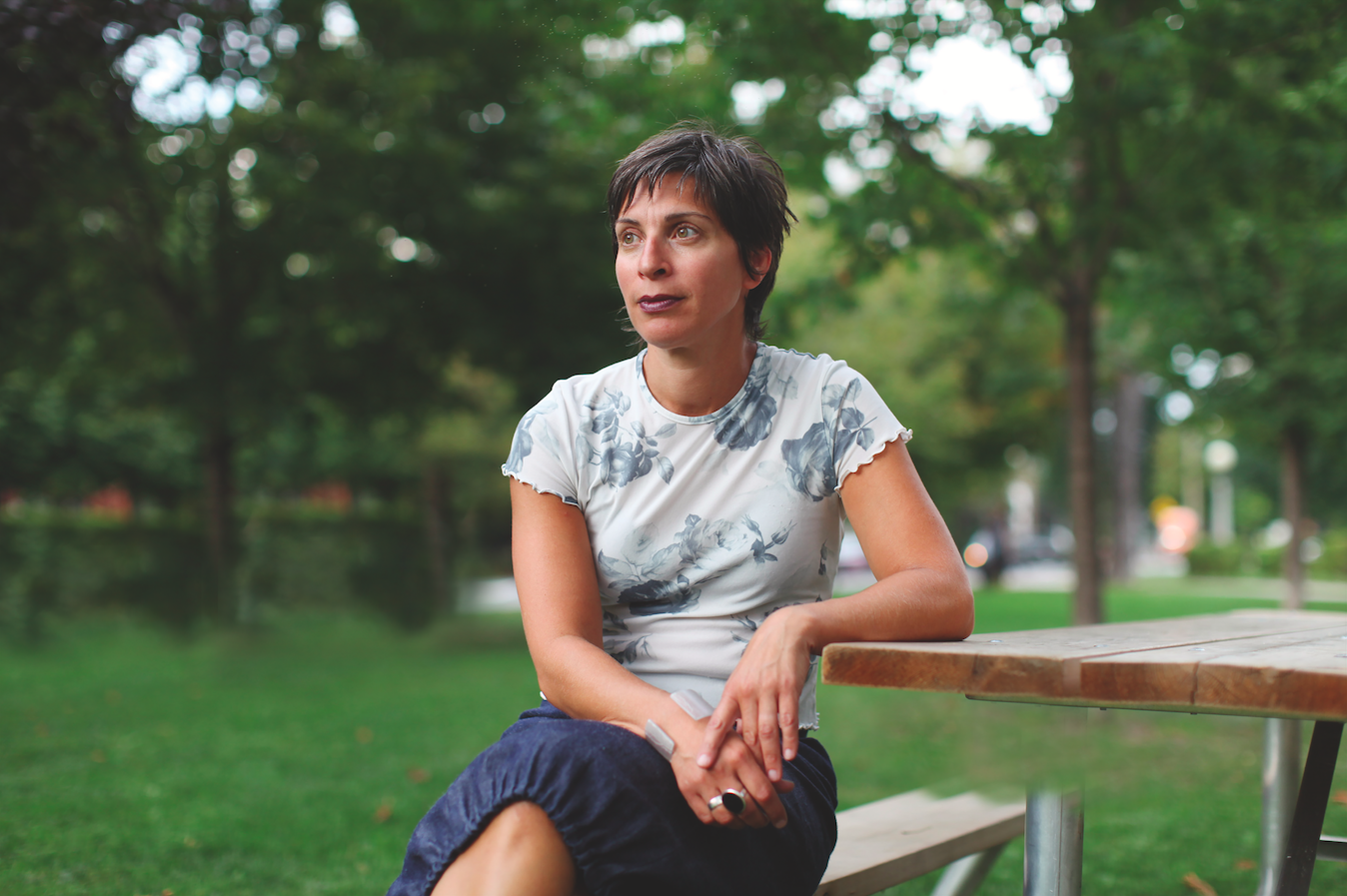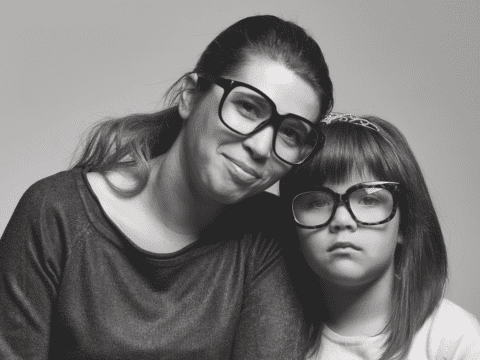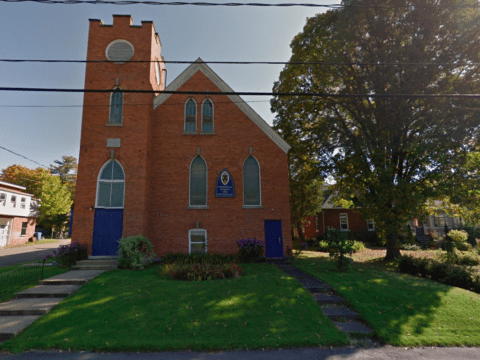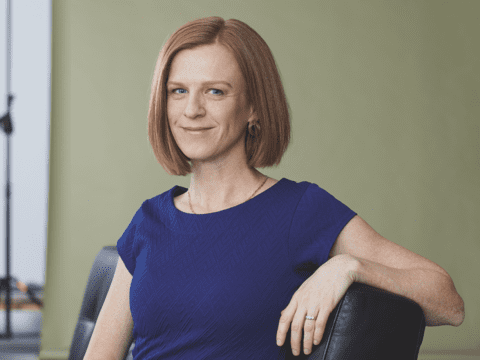Leilani Farha has been a fierce housing advocate for more than 20 years. As the United Nations’ special rapporteur on the right to housing, she is currently pushing international governments to recognize adequate housing as a human right. She spoke to Phillip Dwight Morgan about her ongoing efforts to combat homelessness, economic inequality and the financialization of housing.
Phillip Dwight Morgan: How did you become so passionate about housing?
You may unsubscribe from any of our newsletters at any time.
Leilani Farha: I was doing a combined law degree and master’s in social work, and a requirement of the program was a work placement. My supervisor suggested a place called Centre for Equality Rights in Accommodation (CERA), and the minute I walked in the door, I just felt totally comfortable. CERA focuses on discrimination in housing using the Ontario Human Rights Code to protect tenants. I ended up doing a work placement there, and that became my world.
PDM: What is the right to adequate housing?
LF: There are seven characteristics of adequate housing. They’re overarching, and they form a kind of framework. For example, housing should provide security of tenure, be affordable based on household income, be culturally relevant, have access to basic services and so on.
PDM: And governments are expected to protect this right?
LF: Yes, but what’s interesting about international human rights law is that it’s not prescriptive. It doesn’t say “to meet your obligations with respect to housing, you have to build X number of social housing units and you have to ensure A, B and C very particularly.” The law is designed to be applied in different contexts.
So, when I am in different cultures — I was recently in Egypt and before that, I was in South Korea — I can ask: Is the housing adequate? Is the government taking the necessary steps based on the resources of the country and its cultural specificity? That is an advantage for me.
But one common challenge I face is that governments are having difficulty with the idea that citizens should be able to go to a court or an administrative tribunal to claim their right to housing. Most governments don’t want any of that, or say they don’t know how to implement it.
PDM: What’s your assessment of Canada’s provision of adequate housing?
LF: I haven’t visited Canada on an official mission, so I’m not able to have an official position. But I can say this: 235,000 people live in homelessness in this country with a population of 35 million. That’s a pretty high proportion, especially in light of the fact that we have the 10th-largest GDP in the world. I’m alarmed and concerned about that.
If housing is going to be considered a human right, then the tenants should be foremost of interest, not investors.
PDM: Is there anything in particular that is concerning you?
LF: Well, if you look at specific populations, obviously housing for Indigenous people — both in the urban context and on reserve — is highly concerning. I’ve heard stories coming out of Iqaluit of people sleeping in shifts because so many people are in the housing. I mean, come on. In a developed democracy like Canada, that’s a concern.
Recently, I’ve also heard of cities that are sweeping homeless people off the streets, sort of quasi-criminalizing homelessness. That’s a concern, too.
You know, there are so many issues. Social assistance rates are so low that people who receive assistance can’t even afford the average cost of social housing in Canada.
All of these things that I’m raising, the UN has already raised with Canada. The rapporteur from two tenures ago raised these issues. The UN has been telling this to Canada since 1993. Obviously, Canada needs to do better.
PDM: Meanwhile, the housing market in Canada is out of control. What’s the connection there?
LF: One of the things I’ve noticed globally but also domestically is the commodification of housing, the financialization of housing. That’s happening big time here. Canada has some of the largest Real Estate Investment Trusts (REITs) in the world. REITs are when buildings and units are basically put on the stock market. Stockholders are investing in apartments, and the return on investment comes from the rent paid by tenants. The problem is that in order to satisfy investors, you have to increase rents so they get a return over time.
To make things worse, the federal government has made it so that REITs are the only trusts that receive a preferential tax base, so the developers who own the buildings get a benefit by creating these REITs. Do the tenants benefit? No. They get rent increases and “renovictions.” If you think about this in terms of the financialization of a social good, in terms of the government basically funding developers to raise rents and evict tenants — that has some pretty serious moral and legal implications.
But I don’t think many people are paying attention to this. Has the minister responsible for housing talked to the finance minister to say, “You know, maybe we shouldn’t be creating such a commodity of everyday apartments? Maybe this is having a detrimental effect on tenants?” I’m not hearing those conversations.
If housing is going to be considered a human right, then the tenants should be foremost of interest, not investors.
More on Broadview: Researcher tackles homelessness among LGBTQ2 youth
PDM: You’ve identified housing as one of the most pressing issues of our time. Many others say the same thing about climate change. Is there a connection between the two?
LF: It’s a direct relationship. For example, there might be a waterfront community whose property floods as a result of climate change-related weather. Governments may move in and evict the entire community and put up a concrete barrier or something to block the flooding.
But, under international human rights law, that’s actually a violation of the right to housing. Government has certain obligations under that law, like to seek every viable alternative to the eviction. And then, if there is no viable alternative, to provide relocation as closely as possible. The new housing should meet all the characteristics of adequate housing, and that’s not happening.
PDM: Canadians have grown accustomed to private, market-driven approaches to housing. How do we begin to shift the paradigm?
LF: It’s tough in Canada. We know that a publicly funded health-care system is a social good. Same with education. Housing is a completely different bird because housing has been privatized for a very long time.
It’s especially tricky for me, because I actually believe in the private market. I don’t think all housing should be social. But I think it’s possible to have a human rights-compliant private market. I’m trying to convince people that we should be regulating from a human rights perspective in the private market.
It’s a tough sell, but I think right now people are starting to get it.
This interview has been edited and condensed for clarity.
It was originally featured in July/August 2019 edition of Broadview with the title “Fight for your rights.” For more of Broadview’s award-winning content, subscribe to the magazine today.















